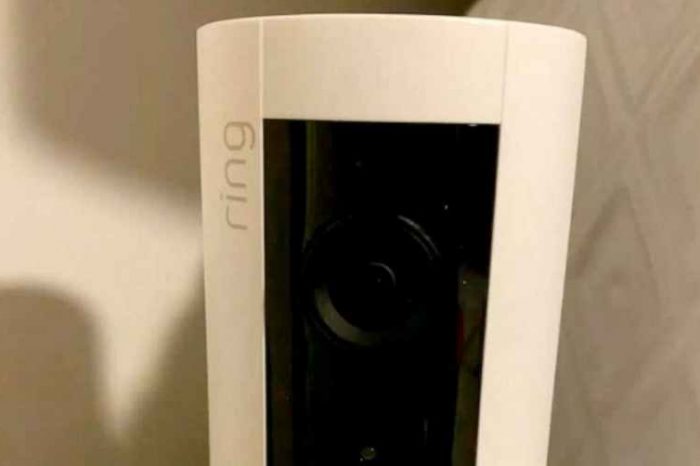Healthtech startup Zero Card scores $7M Series A to bypass and transform the broken U.S. healthcare system

The U.S. healthcare system is broken, bloated and super expensive. The politicians in Washington, D.C. are doing nothing to help the American people. According to data from Centers for Medicare and Medicaid Services (CMS), U.S. health care spending increased 3.9 percent to reach $3.5 trillion, or $10,739 per person in 2017. Healthcare cost is now about 18 percent of the overall share of gross domestic product (GDP).
Enter the Zero Card, a healthtech startup and provider of a data-driven marketplace designed to bypass the current broken, bloated and underperforming U.S. healthcare system. They wanted a healthcare model that was easy to understand, simple to use and wouldn’t bury the patient in a mountain of paperwork and bills. They built The Zero Card so they could finally have the healthcare system they wanted and deserved. They also eliminated everything that made it confusing, frustrating or just didn’t make sense.
This week, Zero Card announced it has raised $7 million Series A to open new geographic markets, further round out the executive team, scale the engineering & analytics team and grow the sales and customer success teams. The funding was led by the George Kaiser Family Foundation (GKFF) with participation from Revolution’s Rise of the Rest Seed Fund. In conjunction with the funding, Zero Card also announced that Robert Thomas, Chief Investment Officer of GKFF, will join its Board of Directors.
Founded in 2016 by Wim De Pril, the Tulsa, Oklahoma-based Zero Card provides an entirely new healthcare delivery model that allows self-funded employers to cut episodic healthcare costs by as much as 50% while simultaneously improving the employee benefits plan by offering plan members access to high-quality, cost-effective care for $0. The marketplace approach allows The Zero Card to match plan members with the right healthcare providers based on cost, quality and convenience. The bundled payment contracts lock in fair market prices that produce substantial savings for both the plan and plan members. The insights derived from The Zero Card process allow employers and healthcare organizations to make efficient, impact-driven, member-focused decisions.
“The participation from the George Kaiser Family Foundation and Revolution’s Rise of the Rest Seed Fund further validates our model and approach for significantly lowering employer healthcare costs. This funding will allow us to supercharge our efforts to bring a simple, transparent and accessible solution to a market that is in desperate need of a smart alternative. It also allows us to give our employer customers and their plan members a fighting chance when it comes to runaway healthcare costs,” said Jim Millaway, Co-Founder and CEO, The Zero Card.
The Zero Card is a supplemental program that works with existing self-funded health plans and is designed to make it easy for employees and their families to find high-value healthcare providers. Employees can still access care through traditional health plan channels, but when they elect to use The Zero Card, their employer is able to significantly lower costs and employees get access to the care they need for $0.
“The healthcare sector is ripe for a step-change in its operations and delivery because of the intersection of data and technology,” said Anna Mason, Partner at Revolution’s Rise of the Rest Seed Fund. “The Zero Card team has roots in the economics of health care and they have a deep understanding of the dynamics between self-funded health plans, employers, and employees. We are proud to back another company based outside of Silicon Valley that is disrupting an age-old industry.”
“Our goal is to invest in companies that can make a large impact in a meaningful way. The Zero Card has had early success in using real data to analyze, interpret, and deliver a better healthcare product to its employer customers and their plan members,” said Robert Thomas, Chief Investment Officer of GKFF. “ Watching their early success makes it clear that employers are ready to implement new and innovative solutions to reduce their healthcare costs.”




